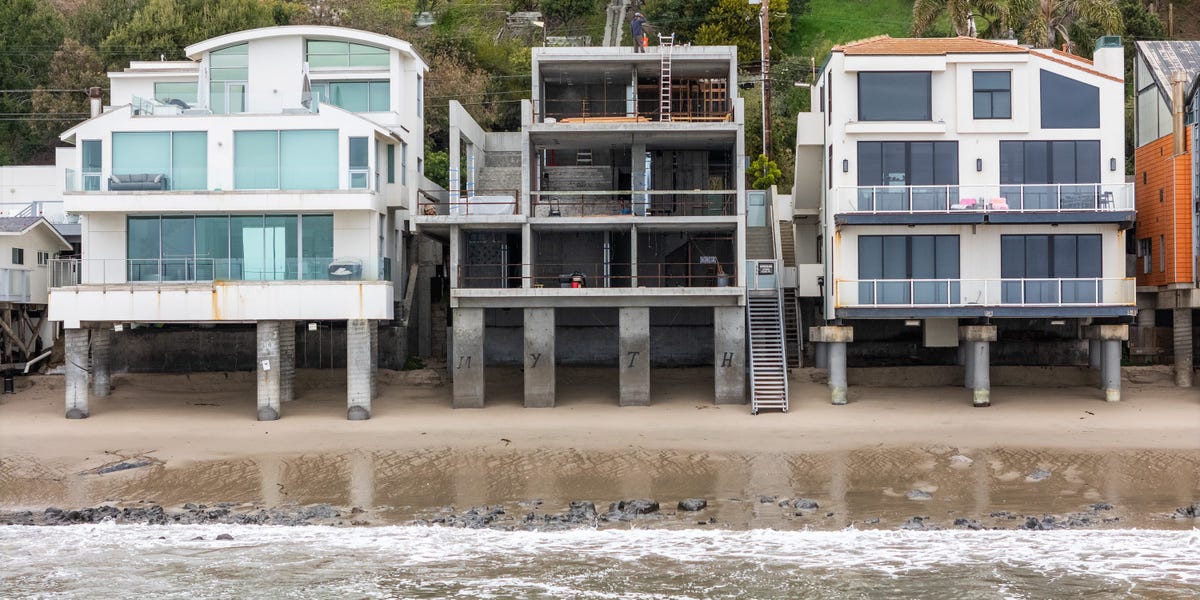T
he federal shutdown has entered its third week, and its impact on the real estate market is becoming increasingly clear and concerning. Housing and mortgage programs that once ran smoothly are now operating at reduced capacity—or not at all—creating pressure for buyers and sellers nationwide. As the impasse drags on, the risk to market stability grows, especially since many key housing agencies are understaffed or have halted essential services.
“Real estate represents almost a fifth of the U.S. economy, touching every community and supporting millions of jobs,” says NAR Executive Vice President and Chief Advocacy Officer Shannon McGahn. “Every additional day of uncertainty threatens the programs that help buyers, sellers, and property owners navigate an already tough market.”
On September 19, the House passed a short‑term funding bill, a continuing resolution (CR) that would keep the government running through November 21. The Senate has rejected it ten times, including multiple attempts last week, leaving no clear path forward. Without a full‑year appropriations package or a functioning CR, federal operations remain largely shut down. The shutdown has also stalled legislative hearings on Capitol Hill, where NAR was slated to discuss housing supply, affordable housing, property insurance, foreign buyer status, and new buyer capital access.
NAR has been lobbying lawmakers on both sides of the aisle, stressing the urgent need to fund federal housing programs. “Housing cannot wait,” McGahn says. “We urge the Senate to pass a bipartisan CR or a long‑term funding package to reopen the government. Americans trying to buy or sell homes, invest in communities, or survive in an uncertain market deserve stability from their government.”
Since the shutdown began, the National Flood Insurance Program (NFIP) can no longer issue new policies. Existing policies remain active and transferable, but a 30‑day grace period for renewal means many October‑issued policies could expire soon, leaving homeowners vulnerable during hurricane season. The shutdown also delays IRS income verification, FHA and VA loan processing, and funding for federal affordable housing initiatives, slowing or halting transactions across the country. These disruptions could affect hundreds of thousands of homebuyers, sellers, and renters, adding uncertainty to a market already strained by affordability and supply issues.
“The longer the government remains shut, the greater the negative impact on the real estate economy and taxpayers,” McGahn warns.













